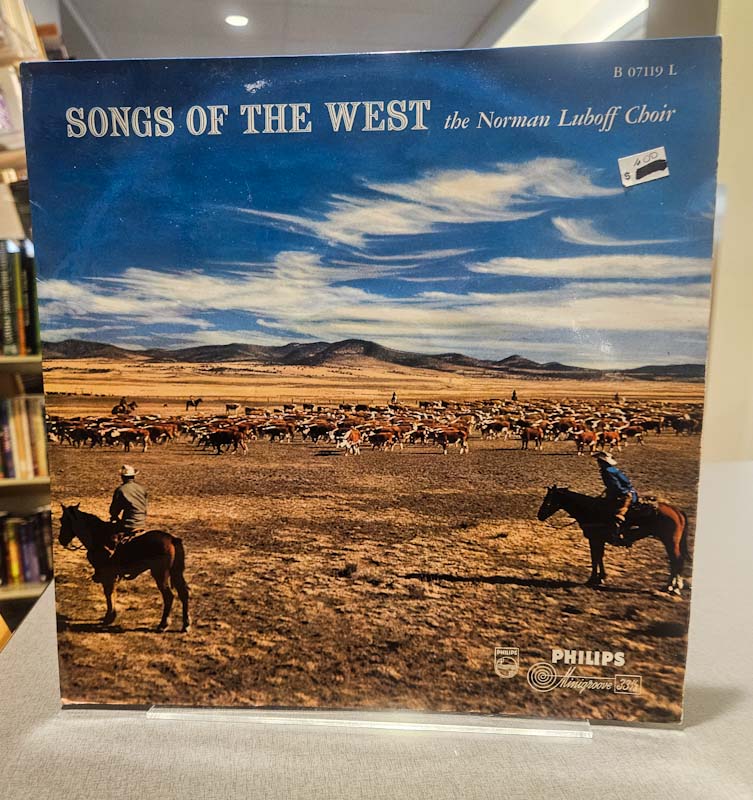
Photo and Commentary ©2023 by Shelley Schurch
Sunday, March 26, 2023
I stared and stared at the cover of the LP album I was holding. It had been well over 50 years since I had seen this photo, and had listened, unwillingly, to the record tucked inside.
Our neighborhood library has an ongoing “Friends of the Library” sale, located on one small wall. The majority of its offerings are hardcover and paperback books in reasonably good condition, with a smattering of magazines, CDs, and DVDs. But last week when I browsed the shelves I discovered, for the first time, about 40 LPs. The music spanned several categories, all of it vintage vinyl.
Even though the LP I was astounded to find was selling for a mere dollar, I did not buy it. I hadn’t liked listening to its music when I was a child, and I didn’t want a trip down that particular memory lane.
I was convinced as a young child that I was always put to bed way too early. The sounds of my family still up and about enjoying life generated self-pity rather than sleep. My bedroom opened directly off the living room, and I longed to be there, instead of in bed.
In the years before we had a TV my father would sometimes play records at night, and the LP I discovered last week in the library is the only one I remember from those nights, because it always made me feel so sad.
The album title, “Songs of the West,” doesn’t sound too depressing, but here are a few of its songs: “Bury Me Not on the Lone Prairie,” “I Ride an Old Paint,” “Cool Water,” “Streets of Laredo,” “Tumbling Tumbleweeds,” and “Poor Lonesome Cowboy.”
All of them sad songs, sung by cowboys who are lonesome and about to die. As a child, listening in the dark to these songs, I did not consider them soothing lullabies.
When I read my Bible I find quite a few of what we could call sad songs, especially in the Psalms. They are called “songs of lament,” and depending on who is classifying and counting them, they constitute 50 – 70% of the book of Psalms.
To make distinct the differences between complaints and laments, Glenn Packiam writes:
“ . . . in the psalms, Israel asks God to answer according to His unfailing love, because He is a God of justice and righteousness, and because He has been faithful in the past. By contrasting Israel in the wilderness with Israel in worship, we can say that a complaint is an accusation against God that maligns His character, but a lament is an appeal to God based on confidence in His character.” *
There was a time when I would skip over reading any lamenting psalm, just as I skip listening to poor, lonesome cowboys singing sad songs. But nowadays I read them. I’ve lived long enough to relate to many of them. They are often “singing my song.”
And I like how most of them end on a hopeful note, with the writer appealing to the God who has always been faithful to him.
Why did my father like to listen to his “Songs of the West” record? As a young man he left his home in Nevada to work in Alaska, where he made his lifelong home. But he always spoke fondly of his childhood home, on a small ranch with his parents and ten siblings. One of his brothers, my Uncle Jack, became a well-known Cowboy Poet. I’ve read many of his poems, thankful that he majored in humor rather than melancholy.
So I think it was nostalgia for his first “cowboy country” home that made my father fond of the record that made me mournful. Tomorrow is his birthday. I have not heard his voice for 39 years. My fervent prayer is that he and I will reunite in heaven, our final home, where we’ll trade all our laments for hallelujahs.
*https://www.ntwrightonline.org/five-things-to-know-about-lament/
